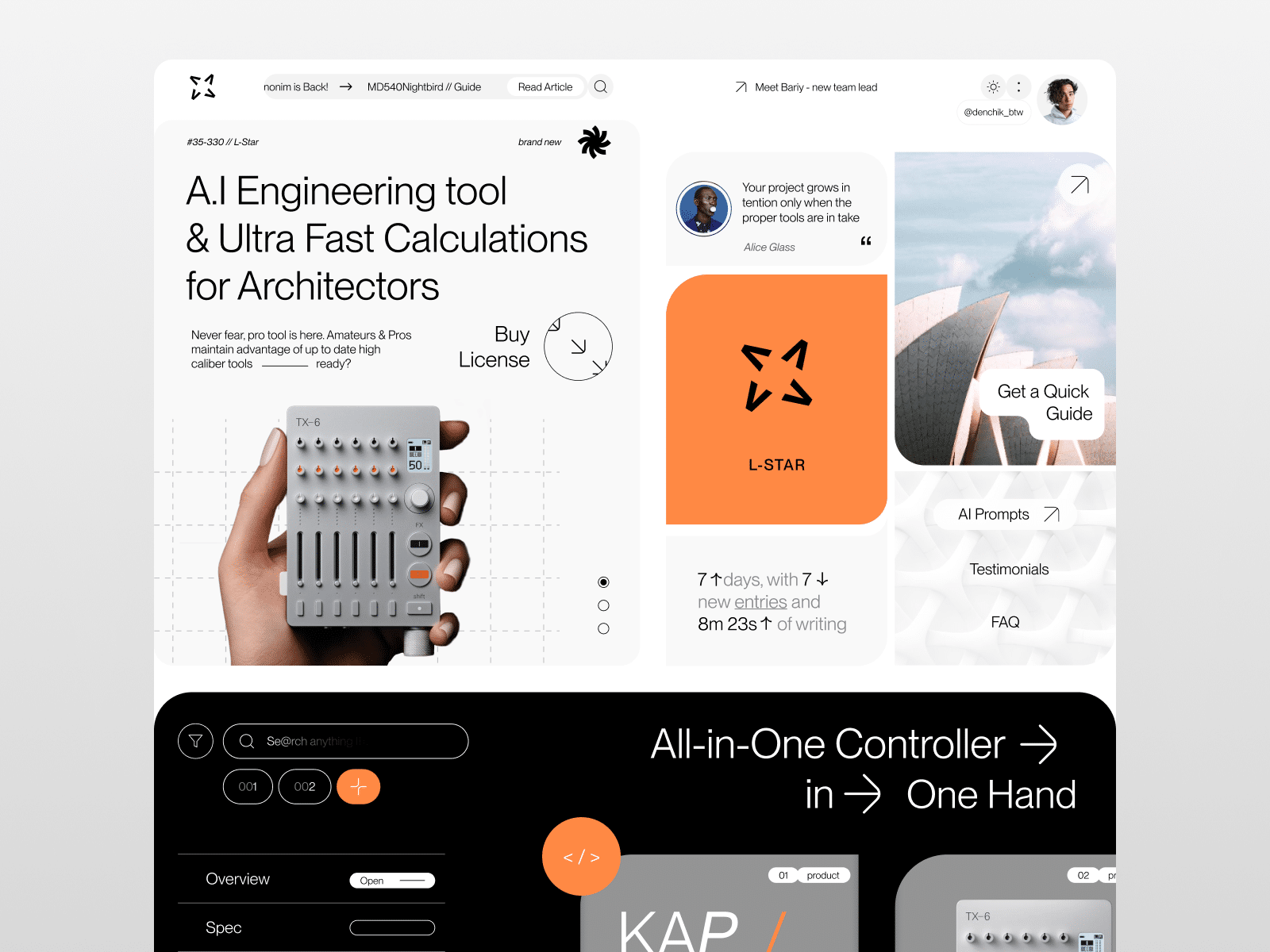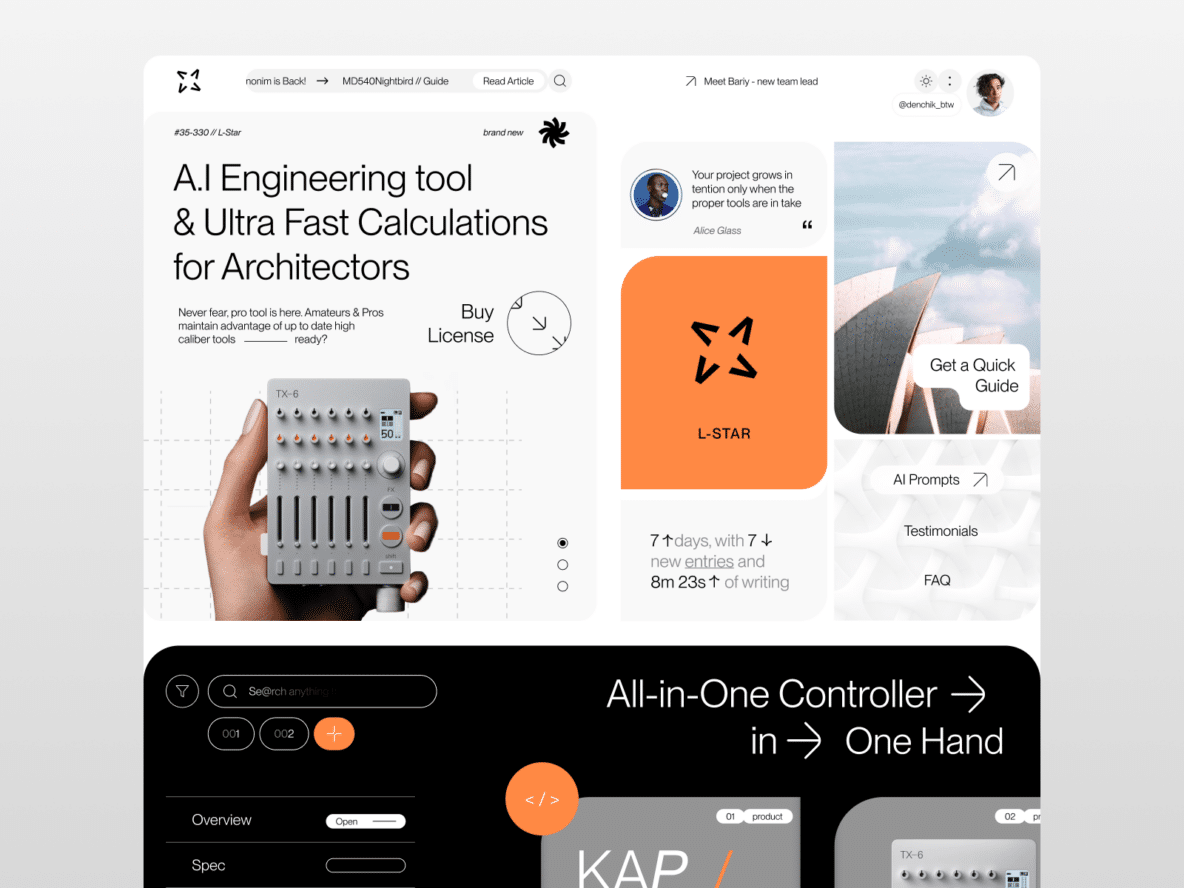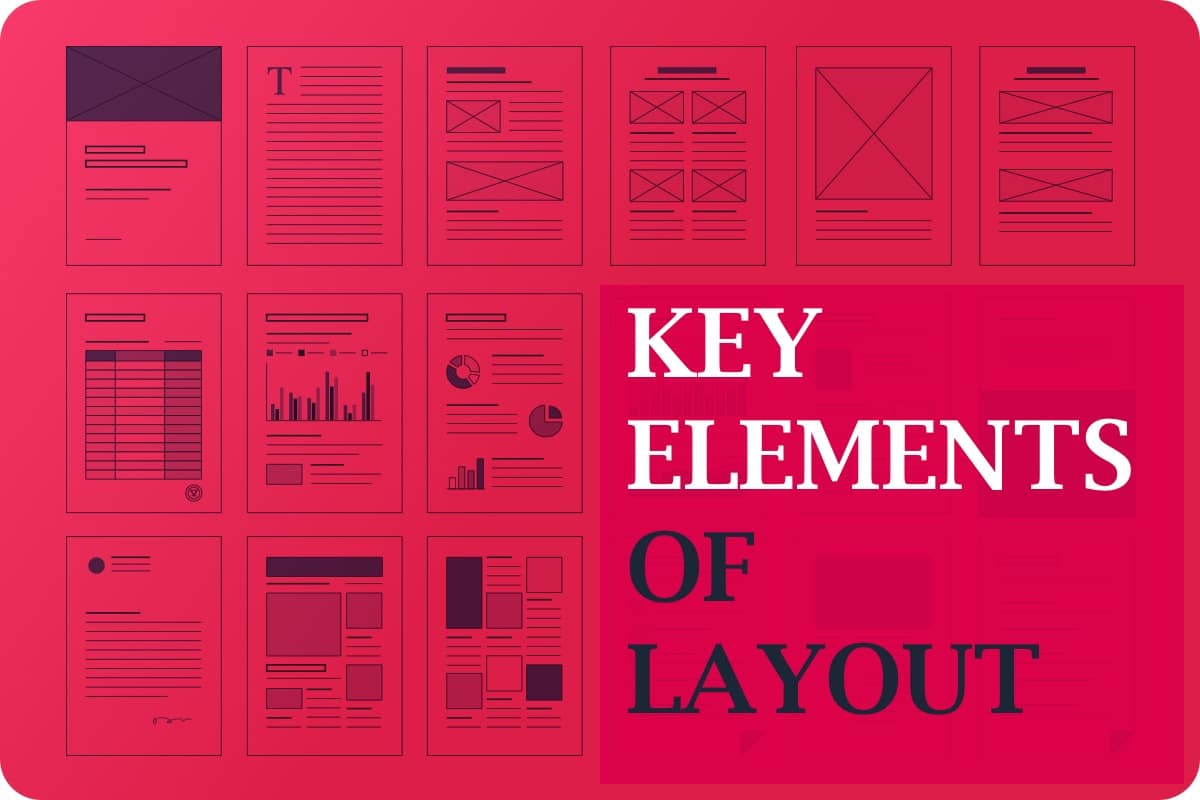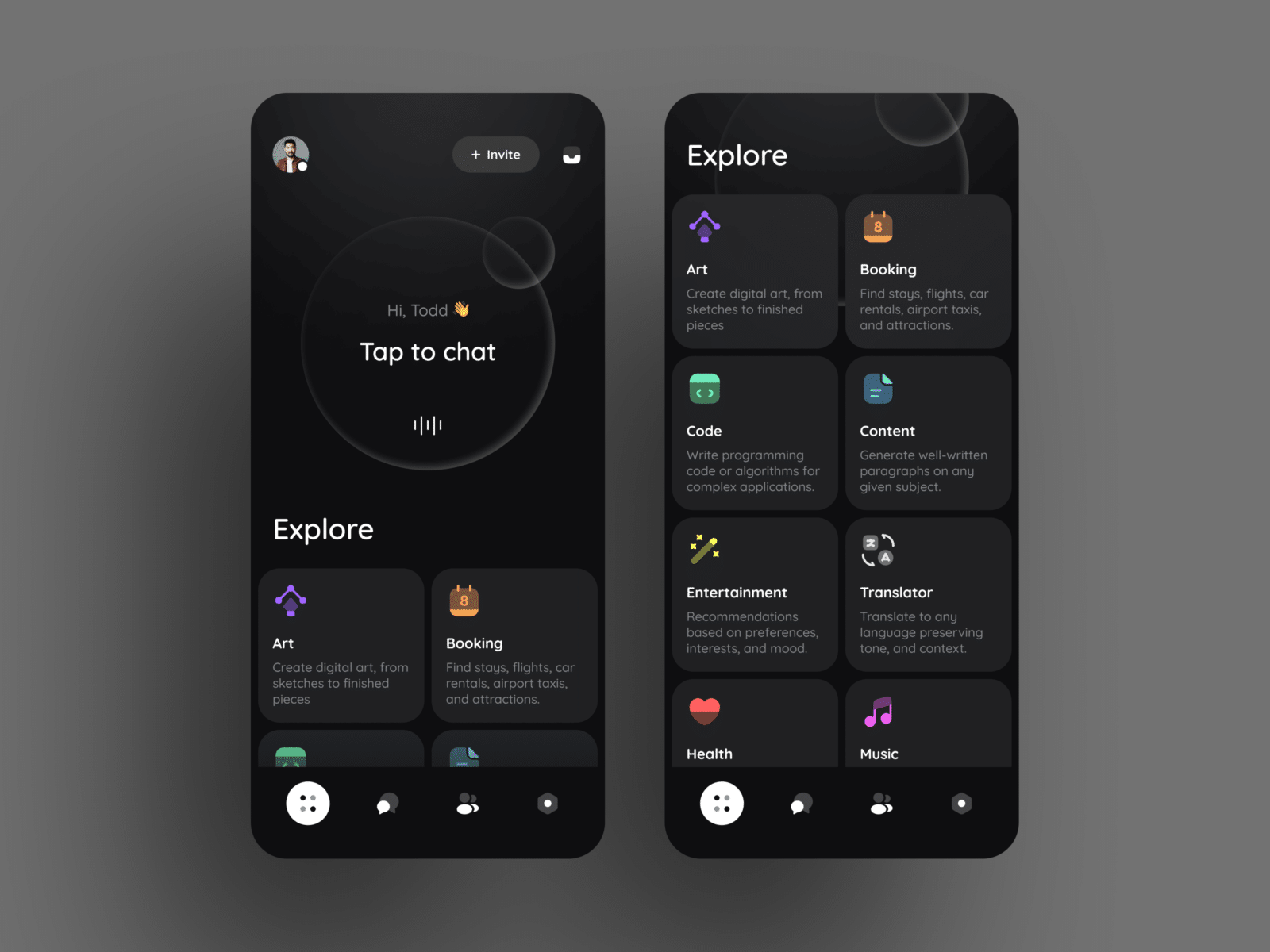
AI Architecture Tool Website by Awsmd
As artificial intelligence (AI) becomes increasingly integral to user interface (UI) design, it’s paramount for designers and developers to engage with the ethical implications of this transformative technology. At Creative27, where innovation meets responsibility, we understand the importance of navigating these issues carefully to uphold not only our standards but also those of our clients and their users. Here, we explore the key ethical considerations in AI-driven UI design: transparency, privacy, and bias mitigation.
Transparency: The Cornerstone of Trust
Transparency in AI-driven UI design means being open about how and why AI decisions are made. Users should be able to understand the role AI plays in the interface they are interacting with. This is crucial in sectors like fintech and medical, where decisions made by AI can significantly impact user outcomes.
Guidelines for Enhancing Transparency:
Clear Communication: Use plain language to explain the AI’s role in the application. For instance, if a banking app uses AI to suggest financial products, it should be clear how these suggestions are generated.
User Consent: Always obtain user consent when their data will be used to train or inform AI systems.
Audit Trails: Implement mechanisms that allow AI decisions to be auditable. This helps in tracing decisions back to their source, providing accountability.
Privacy Concerns: Safeguarding User Data

Privacy is a fundamental concern in any digital application, more so in those utilizing AI. AI systems often require vast amounts of data to operate effectively, which can raise concerns about how personal information is gathered, used, and stored.
In the realm of AI-driven user interfaces, the stakes for privacy are exceptionally high. This concern is magnified as personalization and automation become more sophisticated, relying heavily on sensitive user data to tailor experiences. As a result, it is imperative for developers to establish robust protocols that do not merely comply with privacy laws, but also proactively protect user interests. One such method is incorporating “privacy by design,” a principle that integrates privacy at every stage of the engineering process.
Additionally, giving users the power to control their data is crucial. This can be implemented through user-friendly settings that allow individuals to understand what information is being used, how it is being used, and the ability to opt-out or control the level of personalization they are subjected to. These measures not only ensure compliance with international privacy standards but also build a trust-based relationship with users, crucial for the long-term success of any AI-enhanced UI platform.
Guidelines for Protecting Privacy:
Data Minimization: Collect only the data that is necessary for the intended purpose. For example, if an app needs to use location data to function, it should not access contact lists unless absolutely necessary.
Secure Storage and Transmission: Use the latest encryption standards to protect user data both in transit and at rest.
Regular Audits: Conduct regular privacy audits and impact assessments to ensure compliance with all relevant laws and regulations, like GDPR.
Bias Mitigation: Promoting Fairness
AI systems are only as good as the data they are trained on, and biased data can lead to unfair outcomes. In UI design, where AI might decide everything from user flow to personalized content, preventing bias is crucial to ensure fairness.
Guidelines for Mitigating Bias:
Diverse Data Sets: Use diverse and representative data to train AI systems to avoid perpetuating existing biases.
Continuous Monitoring: Regularly review AI decisions and outcomes to identify potential biases.
Bias Audits: Employ third-party audits to assess and address bias in AI algorithms.
Maintaining Ethical Standards
To maintain ethical standards in AI implementations, organizations must adopt comprehensive strategies that encompass these guidelines and more. It is about creating a culture that prioritizes ethical considerations in every aspect of the digital product development process.
At Creative27, we are committed to pioneering AI in UI design responsibly. Our approach integrates these ethical considerations seamlessly into our design and development process, ensuring that our innovations are not only cutting-edge but also conscientious. We believe in transparency, safeguard privacy, and strive for inclusivity in all our digital products, from mobile apps to complex enterprise solutions.
Interested in learning more about ethical AI implementation in UI design? Reach out to us for a free consultation and discover how we can help you navigate these challenges effectively, ensuring your digital solutions are both innovative and ethically sound.












